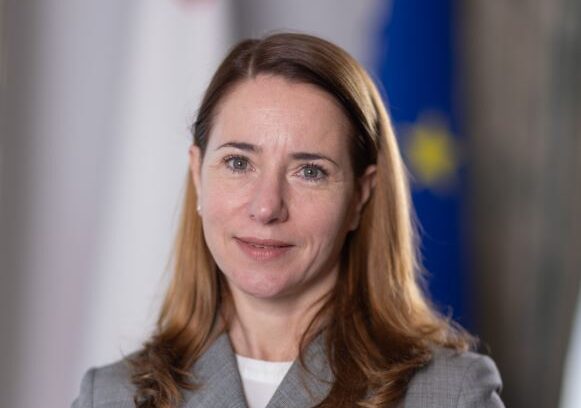There hasn’t been a single industry that’s been left untouched by the pandemic.
In the catering industry, for example, there’s been a substantial rise in online ordering. However, most catering establishments don’t have an in-house delivery system, which means that outsourcing to delivery companies can deeply cut into profits, with charges of a whopping 20-25 per cent.
Kevin Attard, a restaurateur involved in Fresco’s Restaurant and Giorgio’s Café in Sliema utilises most of the online delivery companies.
“Online orders have definitely increased. In our case, it makes sense because we have a big kitchen that can cope with the demand in the restaurant, as well as the deliveries. We can knock out quite a few meals, but the delivery companies charge between 20 and 25 per cent so it’s important that there’s volume. Otherwise, it’s hard to make a profit from it,” Mr Attard says in the latest issue of Digital Island.
“In my opinion, there are three variables for the smaller restaurants,” he asserts, when asked about the prospects of small-scale eateries within this new reality in consumer behaviour, “it’s about location, cost and price. From one aspect, if they keep their business small, keep overheads down, and focus more on their deliveries, they could survive.”
“On the other hand, if they can’t keep the quantity up due to limited space, staff, and equipment, they won’t make enough money to make it work. It’s typical that the online orders start rolling in when the restaurant is busy. So if the kitchen can’t cope with it, a stage of stagnation will be reached, which will cause long waits in the restaurant or the deliveries.”
This shift in consumer behaviour is long-term, according to Mr Attard. “Online ordering isn’t going anywhere and will only increase. It seems that people are ready for the change and are happy to pay for a delivery charge. No one seems to be complaining about it.”
“Having said that, I don’t think it will affect traditional dining, especially not in summer. People still want to be out. Winter will most definitely see an increase in online ordering, but as soon as the weather is warm again, it will be back to a regular catering summer in Malta,” he adds.
Beyond the cost considerations of this acceleration in online buying, the coronavirus pandemic crisis is fast-tracking an expansion of e-commerce towards a whole lot of new firms, customers and types of products. Another long-term result could be a shift of online transactions from luxury goods and services to everyday necessities.
Whether it’s profitable to the merchant or not, the consumer has tried online and likes it. Charles Borg concludes, “it’s undeniable that there are serious challenges within this ascending online shift. However, this phenomenon is here to stay, and as a result, we will continue to invest and strengthen our dual offering, recognising that this is the future.”
This forms part of a wider feature carried in the latest edition of Digital Island.
Malta team is RS2’s ‘technological engine’ says CEO amid Visa USA partnership
Radi El Haj spoke to MaltaCEO.mt about RS2’s recent collaboration with Visa USA Inc.
7 ways self-awareness can instantly improve your presentation skills
The path to presentation excellence begins with self-awareness.
Alison Micallef appointed CEO at Malta Development Bank
She steps into the new role effective immediately.
Impact beyond profit: CSR in Malta is a must in 2025
Nowadays, corporate social responsibility can no longer take a backseat in your business's vision.









